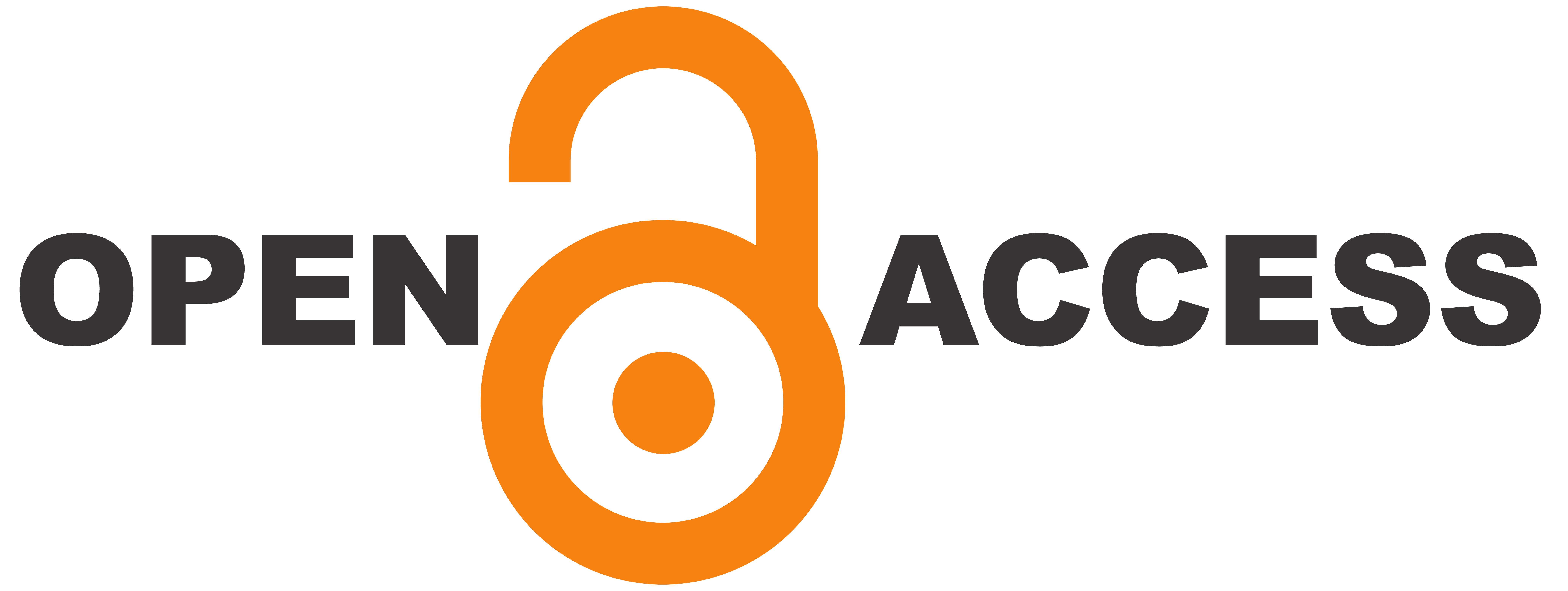The publication of an article in a peer-reviewed journal is an essential building block in the development of a coherent and respected network of knowledge. It is a direct reflection of the quality of the work of the authors and the institutions that support them. Peer-reviewed articles support and embody the scientific method.
It is therefore important to agree upon standards of expected ethical behavior for all parties involved in the act of publishing: the author, the journal editor, the peer reviewer, the publisher and the society of society-owned or sponsored journals.
(1) Authors' Responsibilities:
Research Documentation:
It is important that the authors record the results of their research in a form that its analysis and review could be done before the publication and by other researchers for a reasonable period after publication. Fabrication, like reporting results that were never conducted or deceive or intent to mislead, is a form of scientific misconduct and regarded as highly unethical and in some jurisdictions may be illegal.
Publication Practice:
The authors should submit their research papers in the journal’s précised format for each publication. The information provided by the authors should be concise, authentic and give details of the research experiments performed. Authors should include recent research articles and bring in comparative analysis to support their research. However, in doing so authors should rewrite the information in their own words and represent it in a form that supports their original work of research. This information, used from the work of competitors, other researchers and partners, should be cited as references in the research papers. They should also cite publications that have been influential in determining the nature of the reported work.
Authorship Practice:
Authorship credit should be based on substantial contributions to conception and design, or acquisition of data, or analysis and interpretation of data; drafting the article or revising it critically for important intellectual content, and final approval of the version to be published. A cited author should meet all of these criteria. Individuals that made other contributions to the research like obtaining funds for the research, collecting important data and materials, or coordinating with the publication, are significant but do not qualify for authorship. These individuals can be acknowledged in the research papers.
The source of funding for the research project or the publication of the document should be stated. The author should clearly declare that the submitted work and its essential substance have not previously been published and are not being considered for publication elsewhere. If a primary research report has been published, the author should clearly state it and also mention the advancement and new analyses or syntheses of data in the secondary research report. An overlap of about 10 percent is considered acceptable between such journals.
Plagiarism is an unethical practice in the field of research and is completely unacceptable. Authors are required to state they are the copyright owners or they have taken the copyright owners’ permission before submitting the research report. Any breach of copyright is not acceptable. This journal is intended to serve the community as a means of sharing the most recent work-in-progress in respective areas of research.
(2) Editorial Responsibilities:
The editor of this journal has a complete authority and responsibility to accept or reject a submitted paper and is not influenced by the management or owners in any form. The editor may confer with associate editor, co-editors and peer-reviewers while making a decision. The editors should judge all submissions on their scientific merit and minimize the influence of other factors. The decision should be timely and fair irrespective of caste, culture, origin, gender or citizenship of the author. Editors, authors, and peer reviewers have a responsibility to disclose interests that might appear to affect their ability to present or review data objectively. These include relevant financial, personal, political, intellectual, or religious interests. Editors and board members should, whenever these are relevant to the content being considered or published, declare their interests and affiliations. The editorial team should not disclose any information about a submitted paper under consideration other than to reviewers. Situations that may lead to conflicts of interest should be avoided.
AJEEE follows ELSEVIER's Publication ethics. View in detail.
Duties of the Publisher :
- Guardianship of the scholarly record.
- Safeguard editorial independence.
- Collaborate to set industry best practice.
- Provide editors with technical, procedural & legal support.
- Educate researchers on publishing ethics.
Duties of Editors :
- Publication Decisions.
- Peer review.
- Fair play.
- Journal metrics.
- Confidentiality.
- Declaration of Competing Interests.
- Vigilance over the Published Record.
Duties of Reviewers :
- Contribution to Editorial Decisions.
- Confidentiality.
- Alertness to Ethical Issues.
- Standards of Objectivity & Competing Interests.
Duties of Authors :
- Reporting Standards.
- Data Access and Retention.
- Originality and Acknowledgement of Sources.
- Multiple, Redundant or Concurrent Publication.
- Confidentiality.
- Authorship of the Paper.
- Hazards and Human or Animal Subjects.
- Declaration of Competing Interests.
- Notification of Fundamental Errors.
- Image Integrity. Clinical Trial Transparency.
Ethics
The editors and publisher of this Journal believe that there are fundamental principles underlying scholarly or professional publishing. While this may not amount to a formal "code of conduct", these fundamental principles with respect to the authors' paper are that the paper should:
- be the authors' own original work, which has not been previously published elsewhere. To verify originality, your article will be checked by the text-similarity detection service Turnitin (https://www.turnitin.com) or Ouriginal (https://www.ouriginal.com),
- be grammatically correct in standard English. You should use Grammarly (https://www.grammarly.com) to check the grammatical mistakes before submitting.
- have Complete and correct referencing in IEEE style with URL or DOI for each reference. For reference formatting, you should take help from ZoteroBib by applying the "IEEE (with URL)" bibliography style (https://zbib.org),
- reflect the authors' own research and analysis and do so in a truthful and complete manner,
- properly credit the meaningful contributions of co-authors and co-researchers,
- not be submitted to more than one journal for consideration (ensuring it is not under redundant simultaneous peer review), and
- be appropriately placed in the context of prior and existing research.
For a full description of the standards of expected ethical behaviour by all parties involved in the publishing process (the author, the journal editor, the peer reviewer, the publisher and the society for society-owned or sponsored journals), please see Publication Ethics.
Of equal importance are ethical guidelines dealing with research methods and research funding, including issues dealing with informed consent, research subject privacy rights, conflicts of interest, and sources of funding.
While it may not be possible to draft a "code" that applies adequately to all instances and circumstances, we believe it useful to outline our expectations of authors and procedures that the Journal will employ in the event of questions concerning author conduct. Relevant conflicts of interest should be disclosed.






